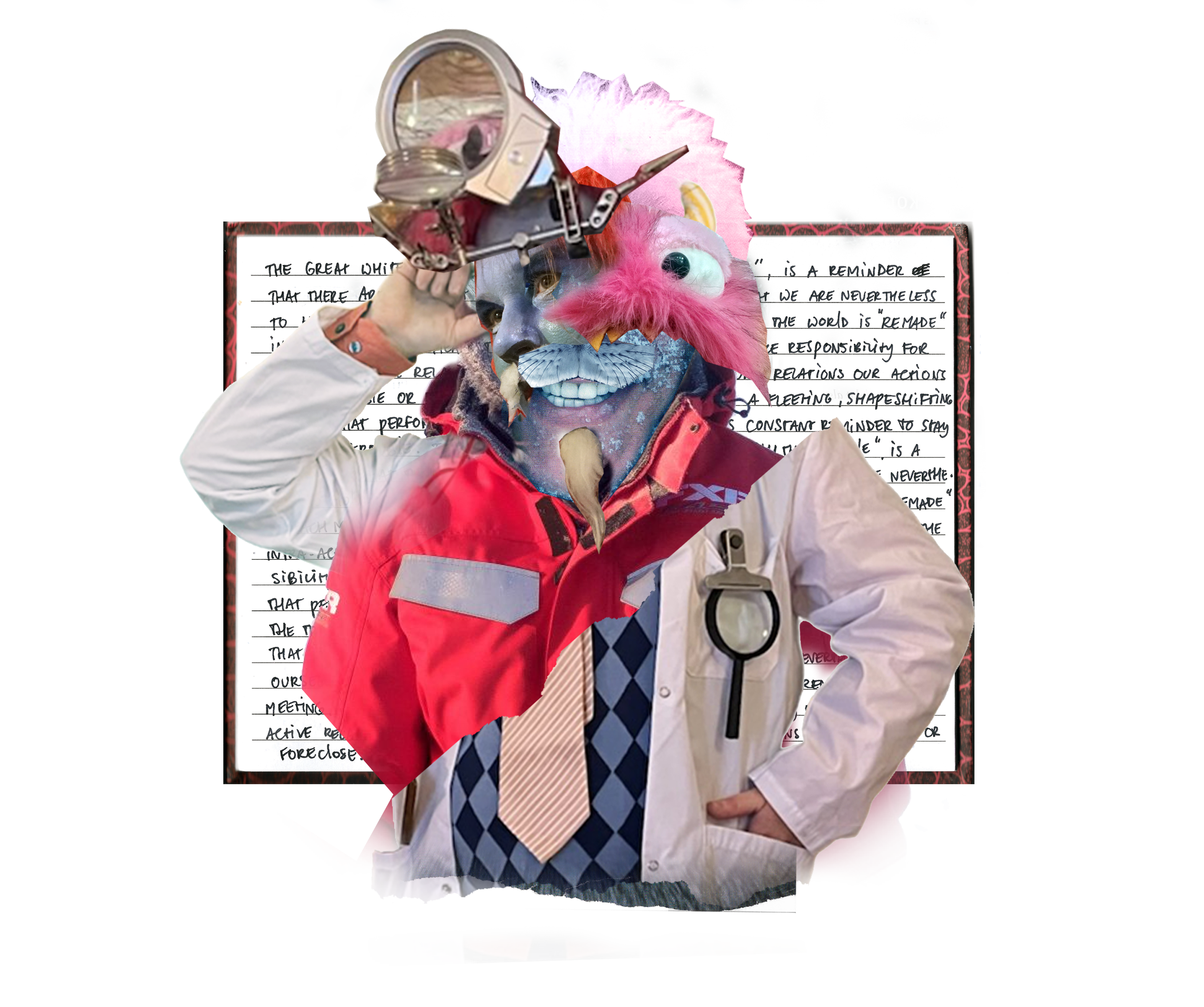Politics of recognition: Difference between revisions
No edit summary |
No edit summary |
||
| (9 intermediate revisions by 2 users not shown) | |||
| Line 9: | Line 9: | ||
But what does it mean for scientists to generate “recognition” through academic publishing, if they are themselves part of the hegemonic institutes that are enabled to bestow, or withhold, such recognition? Some of the expressed frustrations by Gjoa Haven community members directly involve researchers and western science. Glen Coulthard, referring to such contradictions, critiques ‘recognition’ as a promise ‘to reproduce the very configurations of colonial power that Indigenous demands for recognition have historically sought to transcend’ (Coulthard, 2007, p. 437). | But what does it mean for scientists to generate “recognition” through academic publishing, if they are themselves part of the hegemonic institutes that are enabled to bestow, or withhold, such recognition? Some of the expressed frustrations by Gjoa Haven community members directly involve researchers and western science. Glen Coulthard, referring to such contradictions, critiques ‘recognition’ as a promise ‘to reproduce the very configurations of colonial power that Indigenous demands for recognition have historically sought to transcend’ (Coulthard, 2007, p. 437). | ||
< | <div class="next_choice">You seek to be responsive towards Gjoa Haven’s needs, while you also want to acknowledge the tensions that are connected to Gjoa Haven’s HTA desire for recognition. | ||
So, what can you do? | |||
Do nothing. You do not want to be complicit. | |||
Or | Or, | ||
Instead, lean into such tensions, (re)negotiate your position as an implicated subject and find responsive approaches to “share” Gjoa Haven’s experiences. | |||
<span class="Pop-up wrecksite link" data-page-title="Science based | Go check out a nearby "Wrecksite" to find out more about the larger science-based conservation apparatus that the BearWatch project, and by extent, our actions are entangled with.</div> | ||
<span class="detour link" data-page-title="Do Nothing" data-section-id="0" data-encounter-type="detour">[[Do Nothing|Detour: Do Nothing]]</span> | |||
<span class="Pop-up wrecksite link" data-page-title="Science based Conservation" data-section-id="0" data-encounter-type="wrecksite">[[Science based Conservation|Wrecksite: Science-based Conservation]]</span> | |||
Latest revision as of 17:34, 23 January 2025

You have encountered a “Great White Beast”, a fleeting, shapeshifting figure that performs the world as indeterminate. The possibilities of encountering a Great White Beast is a reminder that there are no right decisions to be made, but that we are nevertheless to hold ourselves accountable to our own choices.
The Gjoa Haven HTA seeks recognition for the impacts that their community has suffered from the impacts of polar bear harvest quota reductions, and one of the ways in which they expect to gain such recognition is through the publication of an academic article.
But what does it mean for scientists to generate “recognition” through academic publishing, if they are themselves part of the hegemonic institutes that are enabled to bestow, or withhold, such recognition? Some of the expressed frustrations by Gjoa Haven community members directly involve researchers and western science. Glen Coulthard, referring to such contradictions, critiques ‘recognition’ as a promise ‘to reproduce the very configurations of colonial power that Indigenous demands for recognition have historically sought to transcend’ (Coulthard, 2007, p. 437).
So, what can you do?
Do nothing. You do not want to be complicit.
Or,
Instead, lean into such tensions, (re)negotiate your position as an implicated subject and find responsive approaches to “share” Gjoa Haven’s experiences.
Go check out a nearby "Wrecksite" to find out more about the larger science-based conservation apparatus that the BearWatch project, and by extent, our actions are entangled with.